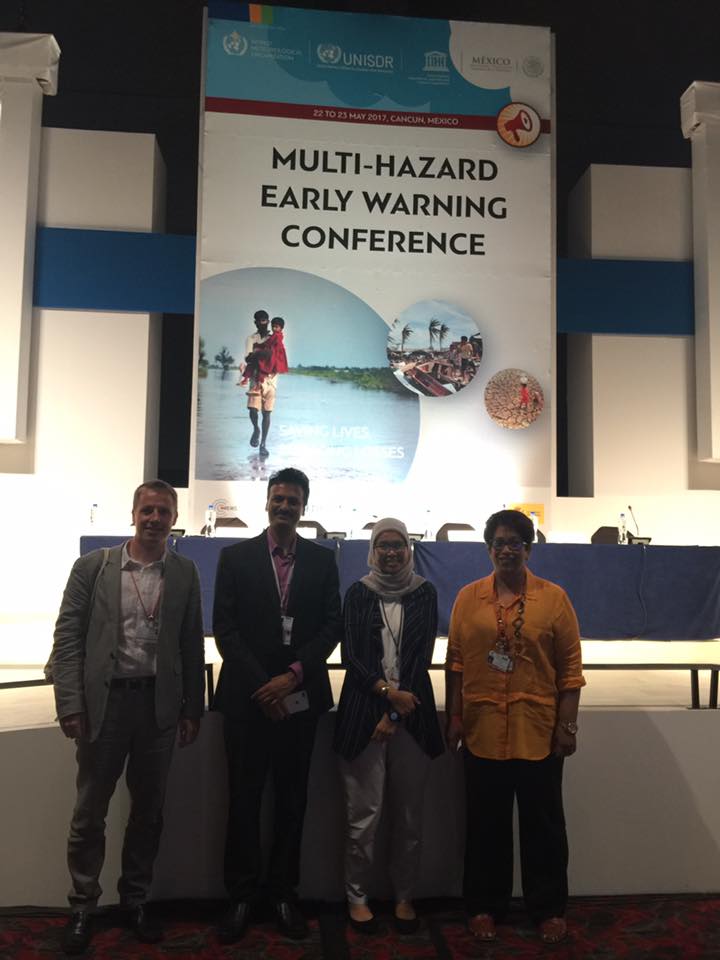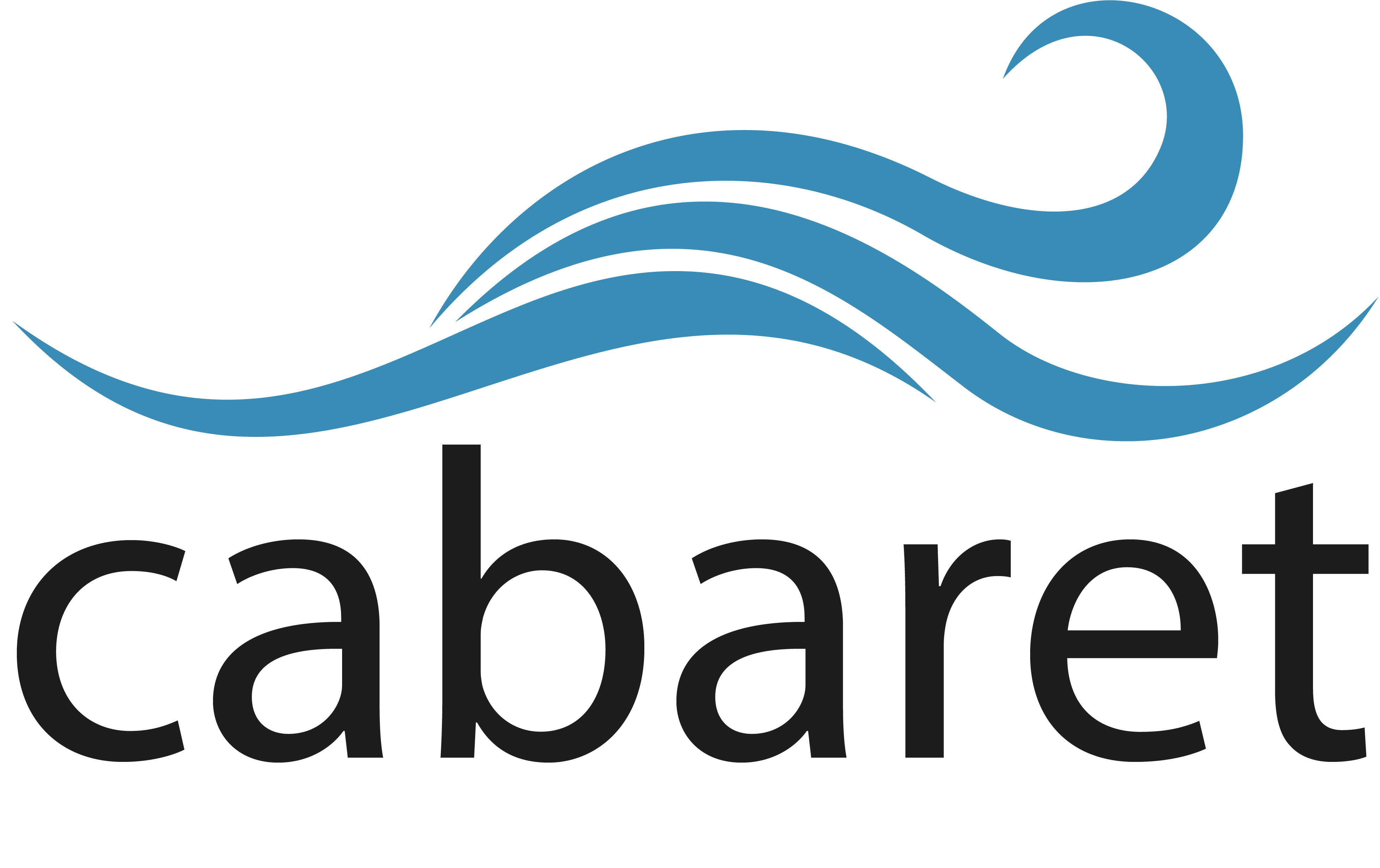 Professors Richard Haigh and Dilanthi Amaratunga also actively took part at the Multi-Hazard Early Warning Conference which aimed to demonstrate to countries how they can build, improve the availability of, and their communities’ access to, multi-hazard early warning, risk information and assessment. This conference was held from 22 to 23 May in Cancún, Mexico, hosted by the government of Mexico, in connection with the United Nations Office for Disaster Risk Reduction (UNISDR) Global Platform for Disaster Risk Reduction.
Professors Richard Haigh and Dilanthi Amaratunga also actively took part at the Multi-Hazard Early Warning Conference which aimed to demonstrate to countries how they can build, improve the availability of, and their communities’ access to, multi-hazard early warning, risk information and assessment. This conference was held from 22 to 23 May in Cancún, Mexico, hosted by the government of Mexico, in connection with the United Nations Office for Disaster Risk Reduction (UNISDR) Global Platform for Disaster Risk Reduction.
The Global Platform was attended by more than 6,500 delegates, including Heads of State, leading politicians, the event – organised by UNISDR (the United Nations Office for Disaster Risk Reduction) – is the world’s foremost gathering of stakeholders committed to reducing disaster risk and to building the resilience of communities and nations.
CABARET was presented in a poster session aimed at reflecting good practices, practical experience and innovation in line with the objectives of the Conference.The two professors also had bi-lateral meetings with Sirinivasa Kumar Tummala, Head of the Intergovernmental Coordination Group for the Indian Ocean Tsunami Warning and Mitigation System Secretariat (ICG/IOTWMS), about continuing their collaborations as part of the EU funded Erasmus+ project CABARET, which aims to build capacity for regional multi-hazard early warning.


